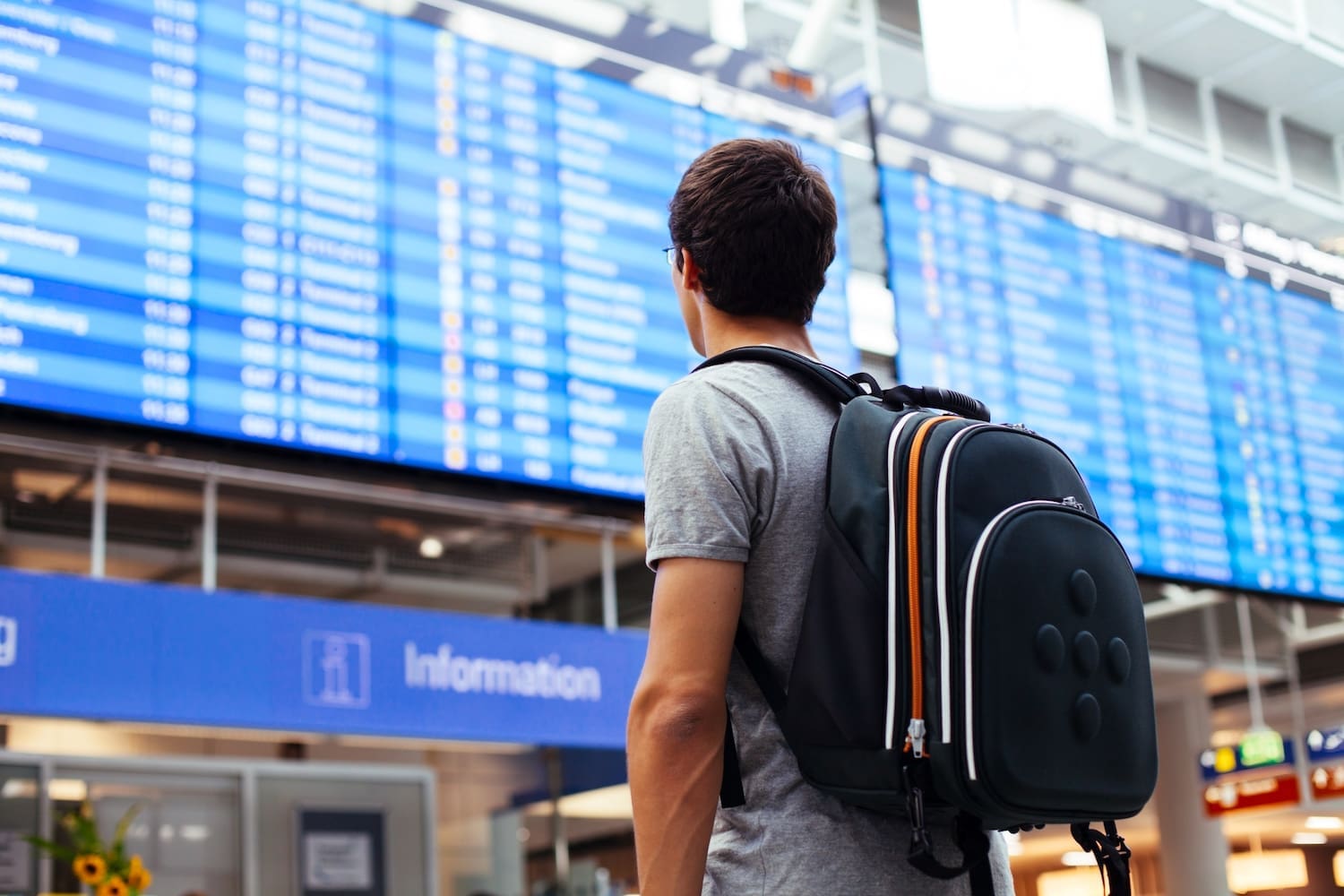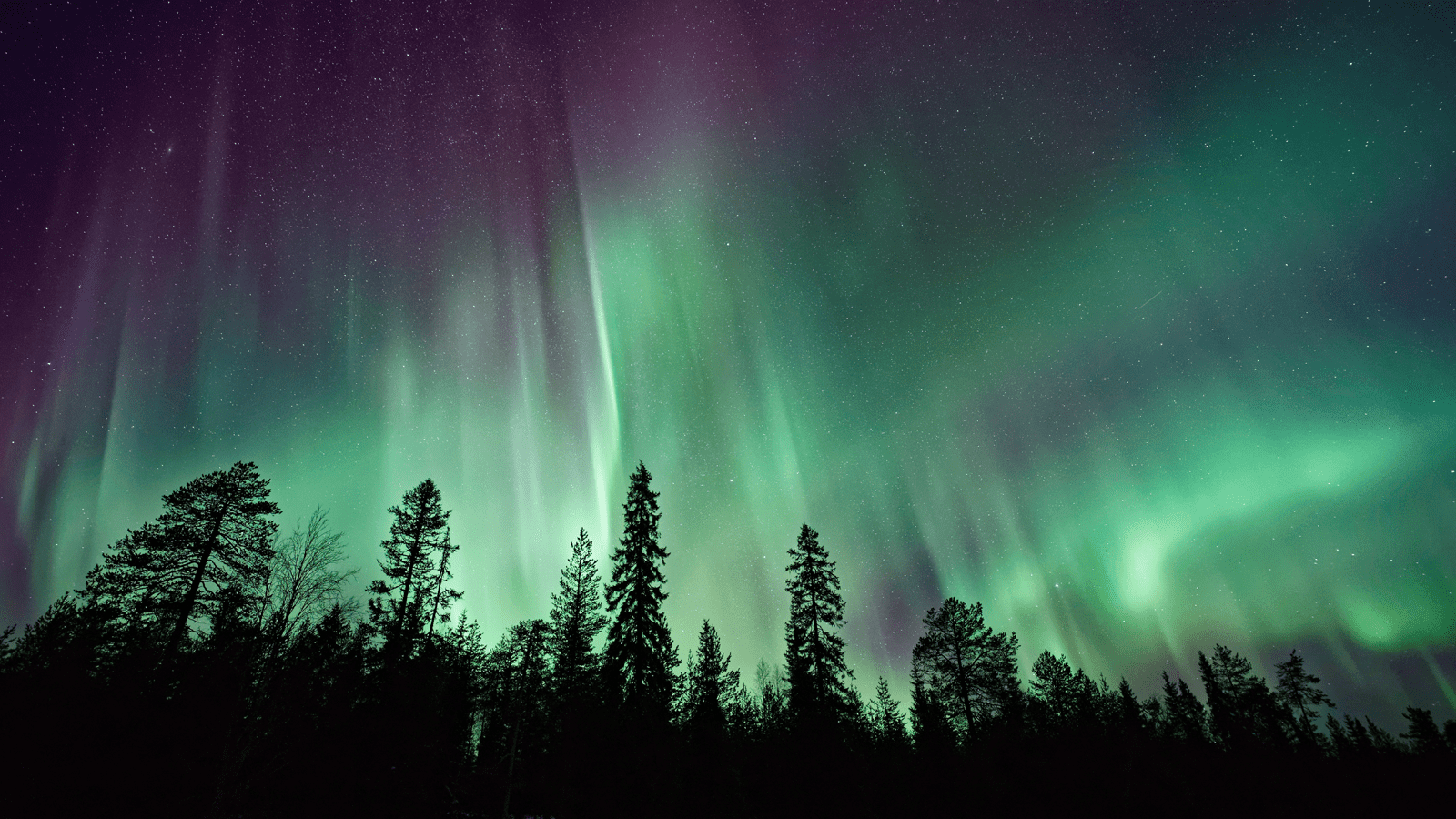
Get stories and expert advice on all things related to college and parenting.

Many religions have major holidays during the late fall and early winter months. Common themes across cultures include sharing with others, connecting with family, and of course enjoying delicious holiday foods and meals.
Each of these holidays also centers around a theme of light overcoming darkness.
Let’s get ready to celebrate!
Diwali is a five-day Indian festival celebrated during the Hindu lunisolar month of Kartika. Though the festival originated with Hindus, it’s celebrated by Indians of all faiths including Sikhs, Buddhists and Jains.
To prepare for Diwali, families clean their homes and decorate with oil lamps and rangoli (decorations made from colored powder or find sand). Celebrants dress in their finest clothes, attend temple services, and exchange gifts and sweets at family feasts.
Fireworks are a hallmark of Diwali celebrations, but the symbolism is more important than the spectacle; writes Ajay Matharu, “Diwali is a festival of the light which dispels the darkness of our ignorance; it is a festival of the light which shows us the way on our journey through life.”
Hanukkah, also spelled Chanukah and known as the Festival of Lights, is a minor Jewish holiday from a spiritual perspective but is nevertheless one of the most beloved.
Celebrated for eight days in early winter, it commemorates the victory in the second century B.C.E. of Judah Maccabee and his followers over the occupying Syrian army and the rededication and repurification of the Temple in Jerusalem with a miraculous jar of oil.
In the U.S., Jewish families celebrate by lighting candles on the hanukiah (a nine-branched menorah) after sundown each evening, exchanging gifts, playing games such as dreidel, and eating festive foods like latkes (potato pancakes fried in oil). With eight nights to celebrate, there is lots of time to connect with family and friends near and far.

In the northern hemisphere, the winter solstice is the shortest day/longest night of the year and marks the first official day of winter (although most of us are aware that winter is well underway from a temperature point of view!).
Despite the chill, the winter solstice also marks a rebirth of light in the world as after the solstice the days begin to lengthen again.
The winter solstice has been important to many different cultures since ancient times. Possibly the oldest festival celebrated by humankind — and still celebrated today — is Alban Arthan (Welsh for “Light of Winter”). The Druids celebrated the solstice as the death of the Old Sun and the birth of the Sun of the New Year. It's believed that stone circle formations like Stonehenge in Britain were built to mark the summer and winter solstices.
Fun fact: On the solstice, your noontime shadow is the longest it will be all year.
Christmas is both a religious and secular holiday, celebrated around the world. Christians celebrate the birth of Jesus on December 25 although his actual birth date is not known and this date was selected by the church many centuries later.
Throughout the Christmas season, people attend worship services, decorate their homes inside and out, shop for and wrap gifts, deck evergreen trees with lights and ornaments, and hang stockings from the fireplace mantel in hopes of a visit from Santa Claus. Caroling and parties abound.

The newest winter holiday was created in 1966 as a uniquely African-American celebration. The spirit of Kwanzaa is about connecting with African roots and heritage; the name comes from the Swahili phrase for “first fruits.”
Each of the seven days of Kwanzaa is dedicated to one of the seven principles: unity, self-determination, collective work and responsibility, cooperative economics, purpose, creativity and faith.
Families celebrate Kwanzaa by wearing the colors of the pan-African movement (red, black and green), drumming and music, artistic performance, feasting and candle lighting. A documentary about the holiday, The Black Candle: A Kwanzaa Celebration, was narrated by Maya Angelou.
